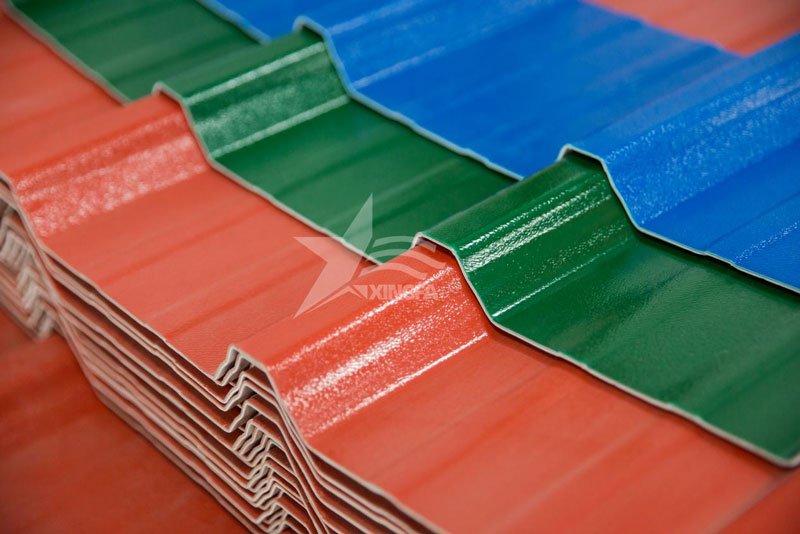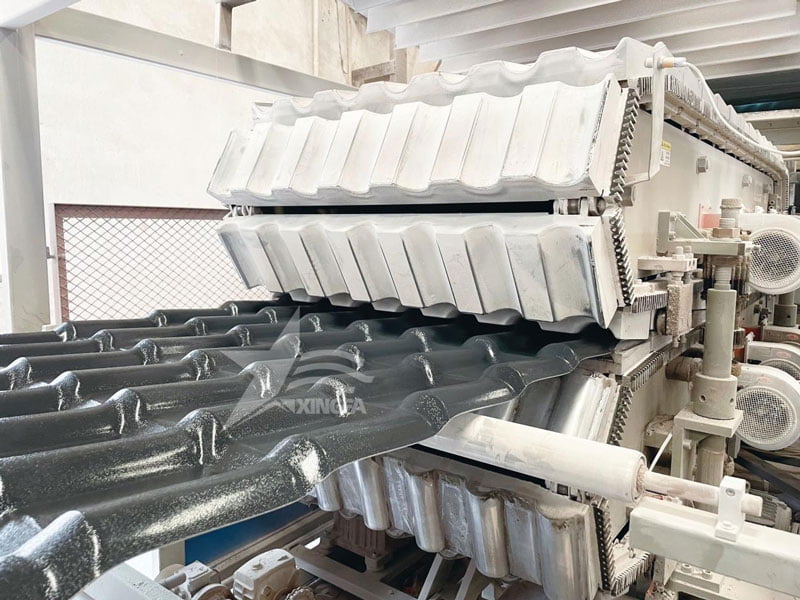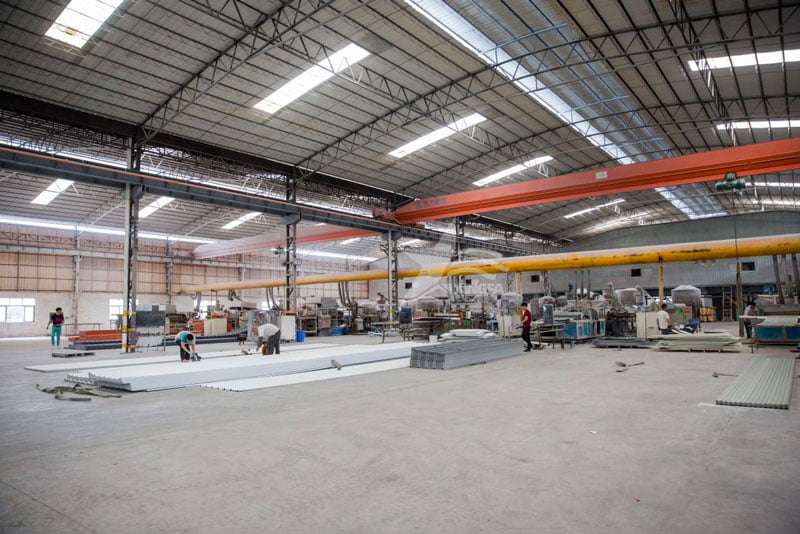Synthetic resin tiles are widely used in the national market due to their rich colors, environmental friendliness, self-cleaning properties, corrosion resistance, lightweight, and easy installation. Synthetic resin tiles also have excellent thermal insulation properties, as they can reflect sunlight and reduce heat absorption. These characteristics make synthetic resin tiles an ideal insulation material. So, what temperature can synthetic resin tiles withstand?

Synthetic resin tiles are made from synthetic resin and other additives, and they have good chemical resistance, wear resistance, and heat resistance. Among them, polyvinyl chloride (PVC) is a common synthetic resin material, and its high-temperature resistance mainly depends on the composition and structure of the material, as well as the processing and usage conditions. Generally, PVC is a solid material at room temperature, but as the temperature rises, its molecular chains begin to loosen, making the material soft and prone to thermal deformation. Therefore, in the manufacturing process of synthetic resin tiles, PVC materials are usually added with stabilizers and plasticizers to improve their high-temperature resistance.

Furthermore, the high-temperature resistance of synthetic resin tiles may vary depending on different manufacturing processes and additive formulations. Generally, the thermal deformation temperature of PVC materials is around 60°C, but with the addition of appropriate stabilizers and plasticizers, their high-temperature resistance can exceed 70°C.

In conclusion, synthetic resin tile manufacturers believe that it is necessary to choose a reputable manufacturer and brand when purchasing resin tiles. Additionally, during the installation of synthetic resin tiles, the spacing of the purlins should be controlled at around 660mm to 750mm to prevent sagging or bulging of the tiles due to excessive spacing, which can affect the waterproofing effect. On the other hand, too small spacing will increase project costs and material waste.
